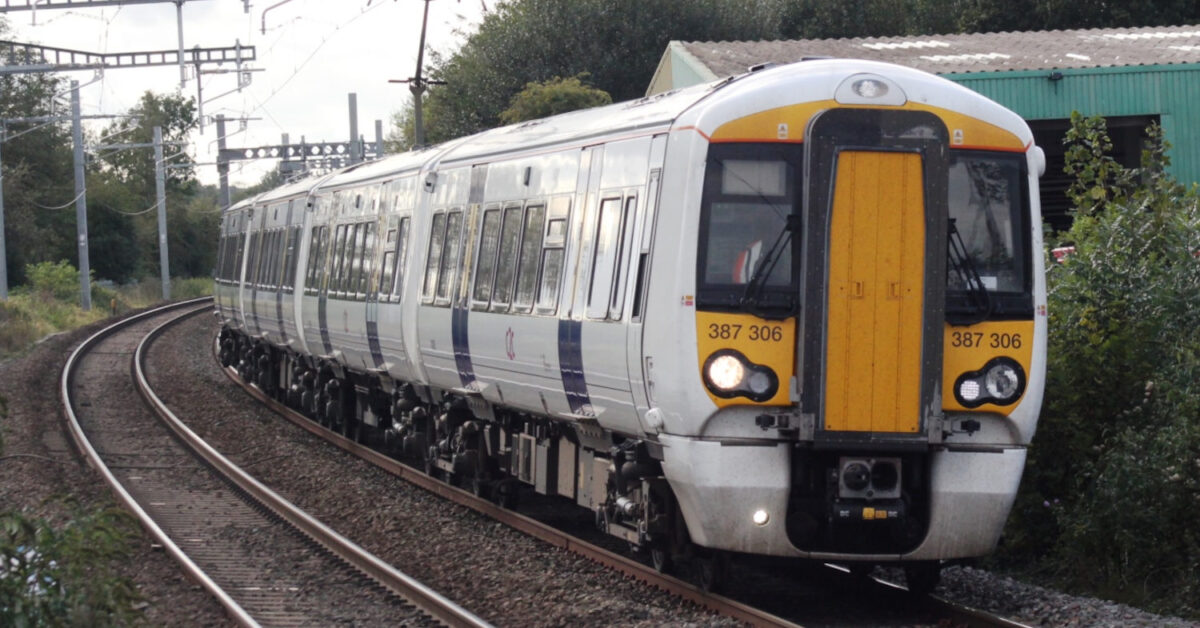After seven years in the making, the programme for the reform and renationalisation of Britain’s railways has reached a decisive milestone. On 5 November, the bill to establish Great British Railways (GBR) was introduced in Parliament.
The UK, moving counter to the EU
It will be a public entity responsible for the full management of the rail network, integrating infrastructure and passenger operations. In essence, it marks a return to a single, unified railway undertaking — with the exception of freight operations. Rolling stock will continue to be owned by leasing companies, known as ROSCOs.
This reform will bring an end to the fragmented model that has operated since privatisation in the 1990s. Its goal is to deliver a network that is simpler, more reliable, and passenger-focused. GBR will bring together the responsibilities of Network Rail and the Department for Transport’s Operator of Last Resort (OLR) train services under a single body, expected to be fully operational within about two years.
Con Trenvista Premium, disfruta de una experiencia sin anuncios y acceso a contenido exclusivo.
Únete por sólo 35€ al año y aprovecha ventajas exclusivas diseñadas para personas expertas en el ferrocarril.
★ Descubre Trenvista Premium
Laura Shoaf, chair of the Shadow Great British Railways —the transitional organisation already coordinating the handover— said at the Railway Industry Association’s annual conference that the reform “opens the door to a truly modern railway”. However, she cautioned that “the specific path forward will now depend on the parliamentary process and the detailed development of the new structure.” Shoaf emphasised the importance of continuing to progress during this interim phase to lay the groundwork for the future organisation.
Meanwhile, operators continue to be gradually brought under public ownership through the Department for Transport Operator (DFTO) as their contracts expire. The latest to be nationalised was Greater Anglia, just under a month ago.
The birth of GBR will strengthen the ORR
A central pillar of the reform will be the reinforcement of the Office of Rail and Road (ORR), the network’s regulator. Although the allocation of train paths will move in-house under GBR to optimise capacity, the ORR will retain a critical role in adjudicating appeals from private operators — particularly in freight and open-access services — ensuring a fair balance between public and private sectors.
In passenger-facing matters, GBR has pledged to put travellers at the heart of its operations. A unified digital platform will be created to manage ticketing and journey information, replacing the current patchwork of 14 separate systems. A strengthened passenger watchdog will gain enhanced powers to demand service improvements and oversee quality standards.
The legislative package also includes reforms on fares and accessibility, extending eligibility for the Disabled Persons Railcard and promoting rail as a driver of sustainable economic growth.
Headquartered in Derby, GBR aims to deliver a coherent and integrated railway system capable of meeting both national and local transport needs. It seeks to underpin the recovery and modernisation of Britain’s railways after decades of fragmentation, rising costs, and declining service quality.
